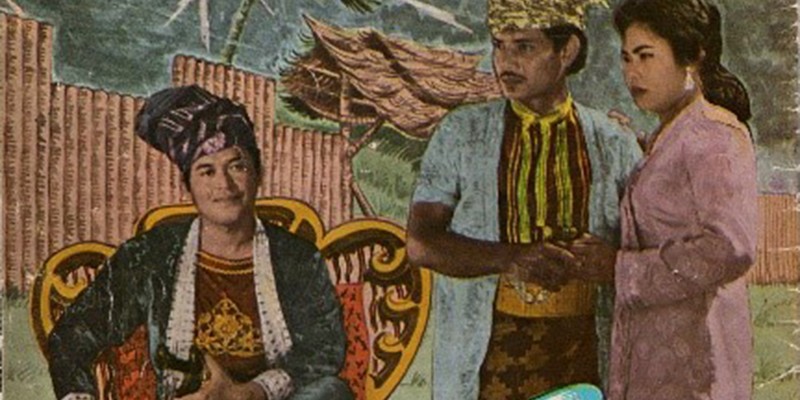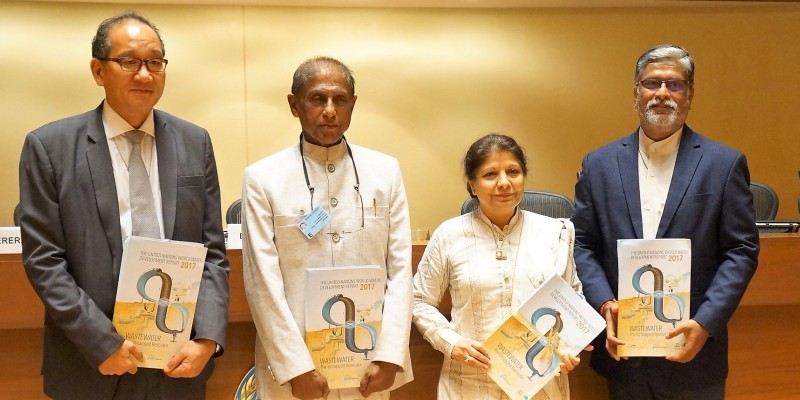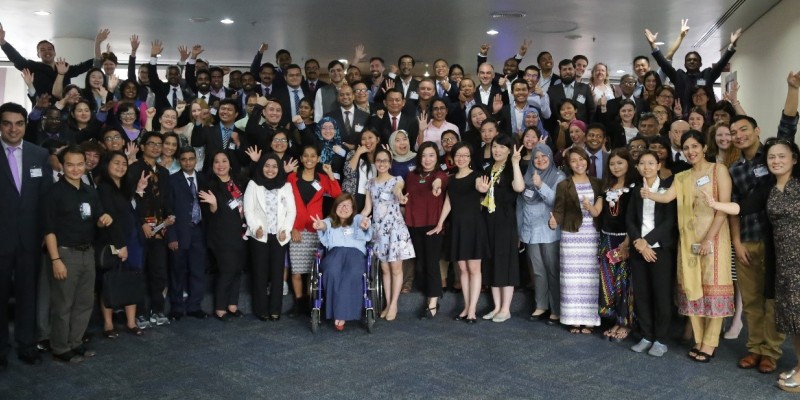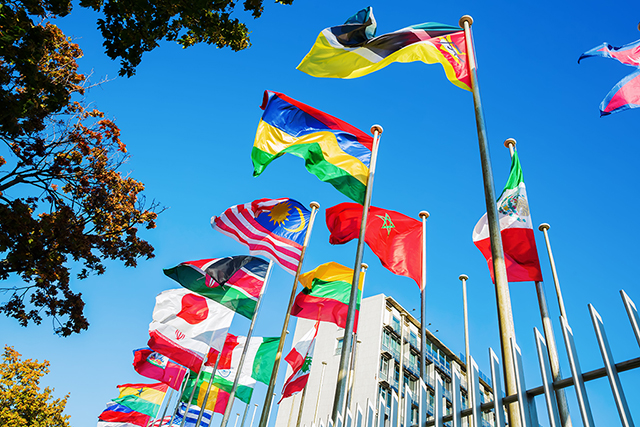Large-scale Assessment Data and Learning Outcomes: Linking Assessments to Evidence-based Policy Making and Improved Learning (UNESCO Asia-Pacific Education Thematic Brief, February 2017)
Large-scale data on learning comes are becoming increasingly available in the Asia-Pacific region, as more and more countries and jurisdictions participate in regional and international assessments as well as organize national assessments of their own. However, the use of education-related “big data” for evidence-based policy making remains limited. One of the primary reasons for this is insufficient institutional capacity of countries to analyze such data and link results with policies. In order to address this challenge, UNESCO Bangkok launched a regional programme called “Learning Enablers for Asia and the Pacific” (LEAP), under the platform of NEQMAP. LEAP aims to build the capacity of Member States to design and implement policies to improve learning based on evidence. The LEAP activities have included a mapping study, a regional capacity development workshop on utilizing assessment data, and a research study on analyzing such data, involving 15 countries of the Asia-Pacific region. This thematic brief presents a summary of the findings of this work.
-----
Large-scale Assessment Data and Learning Outcomes: Linking Assessments to Evidence-based Policy Making and Improved Learning (UNESCO Asia-Pacific Education Thematic Brief, February 2017)
Bangkok: UNESCO Bangkok, 2017, 4 p.
THA/DOC/IQE/17/03-E






